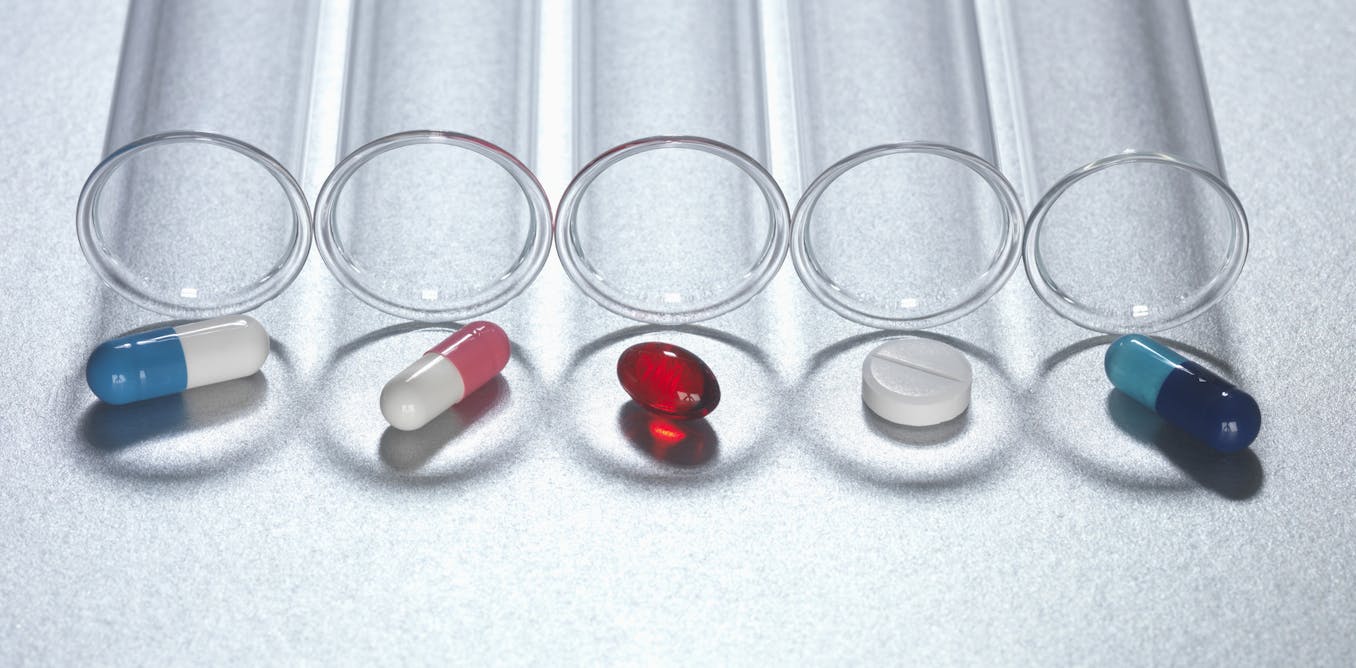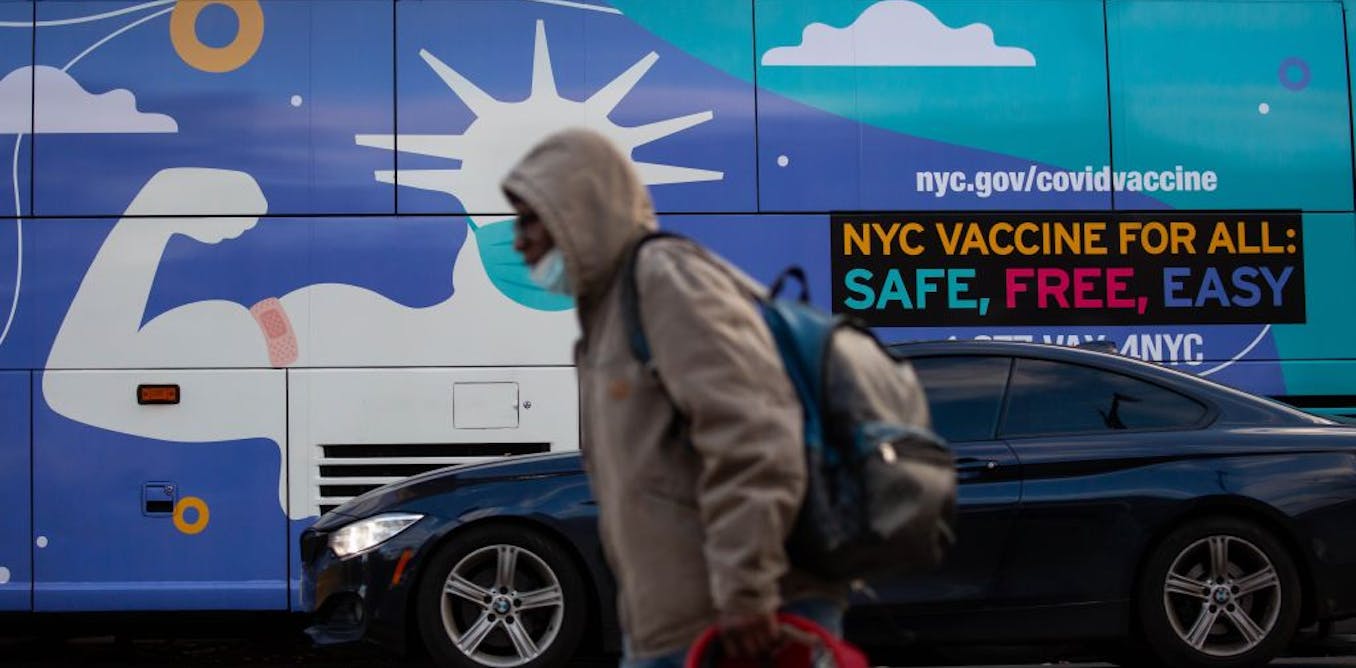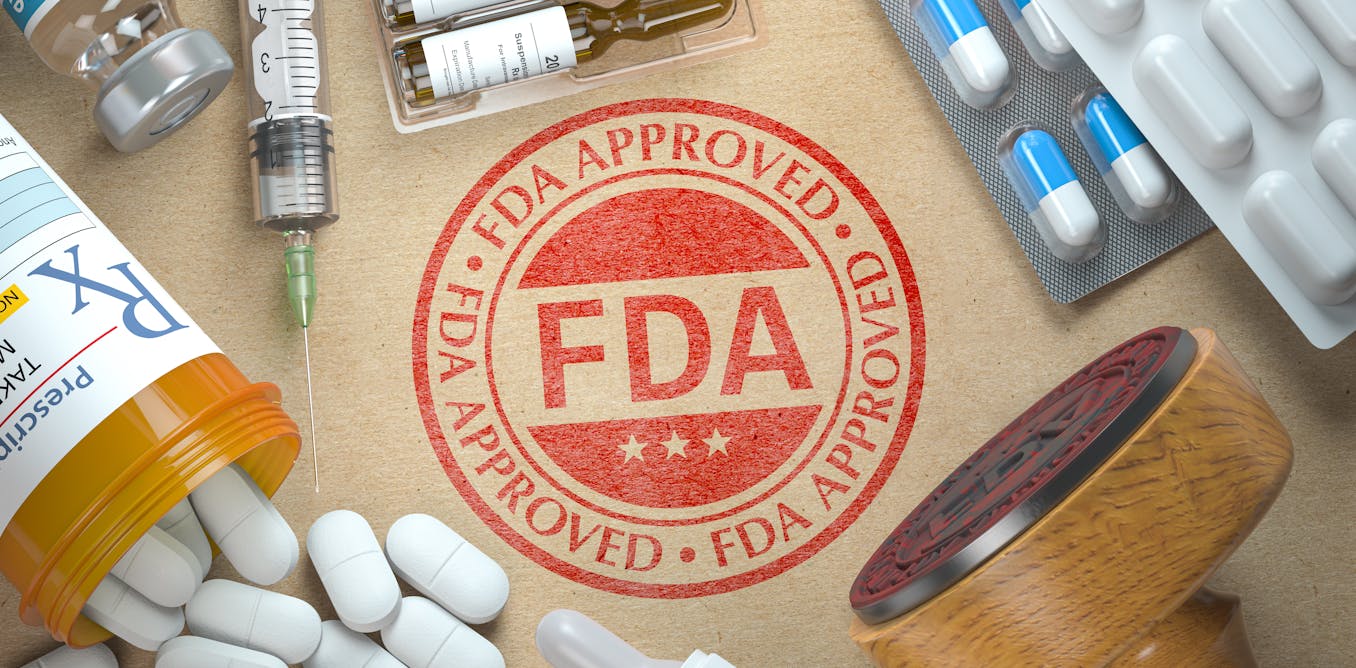Yes, Black patients do want to help with medical research – here are ways to overcome the barriers that keep clinical trials from recruiting diverse populations
Overcoming the access barriers and biases that underrepresented and underserved communities face could not only improve research participation but also improve care.
Sept. 8, 2022 • ~9 min









